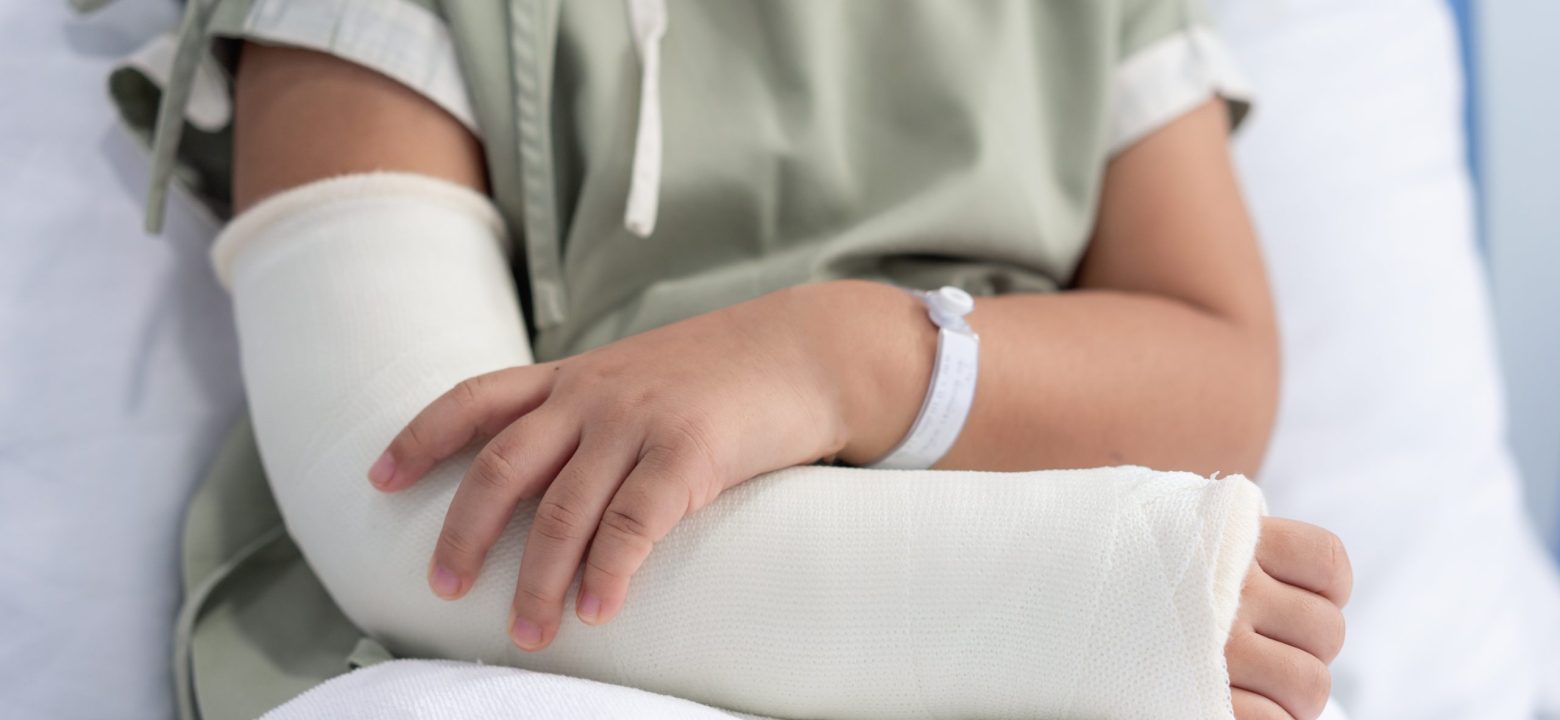Trauma – Mission and Programs

Mission
- To provide excellent trauma care
- To maintain a high level of expertise
- To ensure rapid accessibility for all patients to the MCH Trauma services
- To assist patients and their families in understanding the impact of the injury and the expected course
- To assist children and teens in achieving their maximum functional potential during the early stages of recovery
- To provide coordinated patient-focused care in conjunction with other institutions in the healthcare consortium in order to assure timely continuum of care
- To provide academic teaching and clinical training
- To be leaders in pediatric and adolescent trauma research
- To monitor trends and play a leadership role in the development of strategies for targeted injury prevention, public awareness, advocacy and lobbying
- To be available as an expert community resource and develop strategic alliances with others sharing a common goal in advocating for the needs of the children and teens of Quebec
Programs
Affiliated Programs
History
1989
- Developed 1st inter-professional Pediatric Neurotrauma Program in Quebec and Canada. Included all types and severity of Neurotrauma. Became the model for future Trauma Programs nationally and internationally.
- 1st edition of the Neurotrauma Handbook (used province-wide)
1993
- Provincial designation as a Pediatric and Adolescent Trauma Centre.
- 2nd edition of the Neurotrauma Handbook (used provincially, nationally and internationally)
1997
- Provincial designation as a Pediatric and Adolescent Trauma Centre.
- 2nd edition of the Neurotrauma Handbook (used provincially, nationally and internationally)
2000
- Re-organized and expanded Trauma mandate to include all types and severities of trauma under one program
- Developed hospital-wide clinical protocols to standardize the management of all types and severities of trauma
- Developed assorted educational resources diffused to community partners and other health professionals and trainees
2001
- MSSS designation Neurotrauma Centre of Expertise
- Clinical and academic teaching of health professionals training in the faculty of medicine
- Implemented monthly Trauma Rounds Educational Series (Inter-professional)
2002
- Expanded Burn Trauma Program
- 1st Trauma Centre in Canada to report rise in concussions in minor hockey
- Diffusion of timely trauma and injury prevention information to media
- Implementation of early hip spica for femur fracture; reduced length of stay
2006
- Expanded Injury Prevention Mandate –Created Official Program.
- Re-organized & developed Multi-level Emergency Trauma Response System. (1010/2020)
- Implementation of Inter-professional Trauma Activation Quality Review Process
- Development of extracorporeal membrane oxygenation (ECMO) Program
2007
- Certified as a WHO health promoting hospital
- Developed MTBI and Return to Sports Program; ambulatory shift to care, decreased need for hospitalization
- Publication of the 1st edition Concussion KiT
- Expanded Trauma Research mandate, created official Program
2008
- Expanded Concussion Clinic; community out-reach education programs and resources
- Purchase of transportable mini fluoroscopy machine facilitating close reductions in ER & Clinic
2009
- Developed many community outreach projects & partnerships
- Developed and launched MCH Trauma Website
- Developed and launched bilingual MCH Trauma Website (recipient of multiple awards)
2010
- Implementation of the Focused Assessment with Sonography in Trauma (FAST) in the Emergency Department
2011
- Canadian Hospitals Injury Reporting and Prevention Program (CHIRPP) integrated into MCH Trauma System close collaboration with Injury Prevention Program
- Further expansion of Trauma Research Program
2012
- Expansion of inter-professional MTBI Program/Concussion clinic. Concussion education to community partners and provincial health professionals
- Use of the Bier Block for management of upper extremity fractures in Emergency Department
2013
- Further expansion of MTBI Program to include vestibular rehabilitation
- Publication of 2nd edition of MCH Concussion KiT
- Publication of 3rd edition of Neurotrauma Handbook
2014
- Cited by MSSS/INESSS TCC léger management guidelines
- Implementation of Trauma Team Leader (TTL) Program
- Publication of Burn booklet
2015
- New site of Trauma Centre (moved to 1001 Decarie Boulevard) and opening of the new Concussion clinic
- Development of Post-Traumatic Headache Management Protocol for community MDs & Emergentologists and other health professionals
- Development of “Is the Thrill Worth It?” High School Program
2016
- Ongoing development and expansion of Trauma Research Program
2018
- Publication of 3rd edition MCH Concussion KiT
- Hosted Trauma Resuscitation in Kids (TRIK) course for eastern Canada
2019
- Participation in the MSSS algorithm for concussion management
2020
- Telemedicine patient care
2021
- Remote patient consultation
2022
- Hybrid clinical care delivery model
2023
- Publication of 4th edition of the MCH Concussion KiT
This page needs an update? Report it here!
